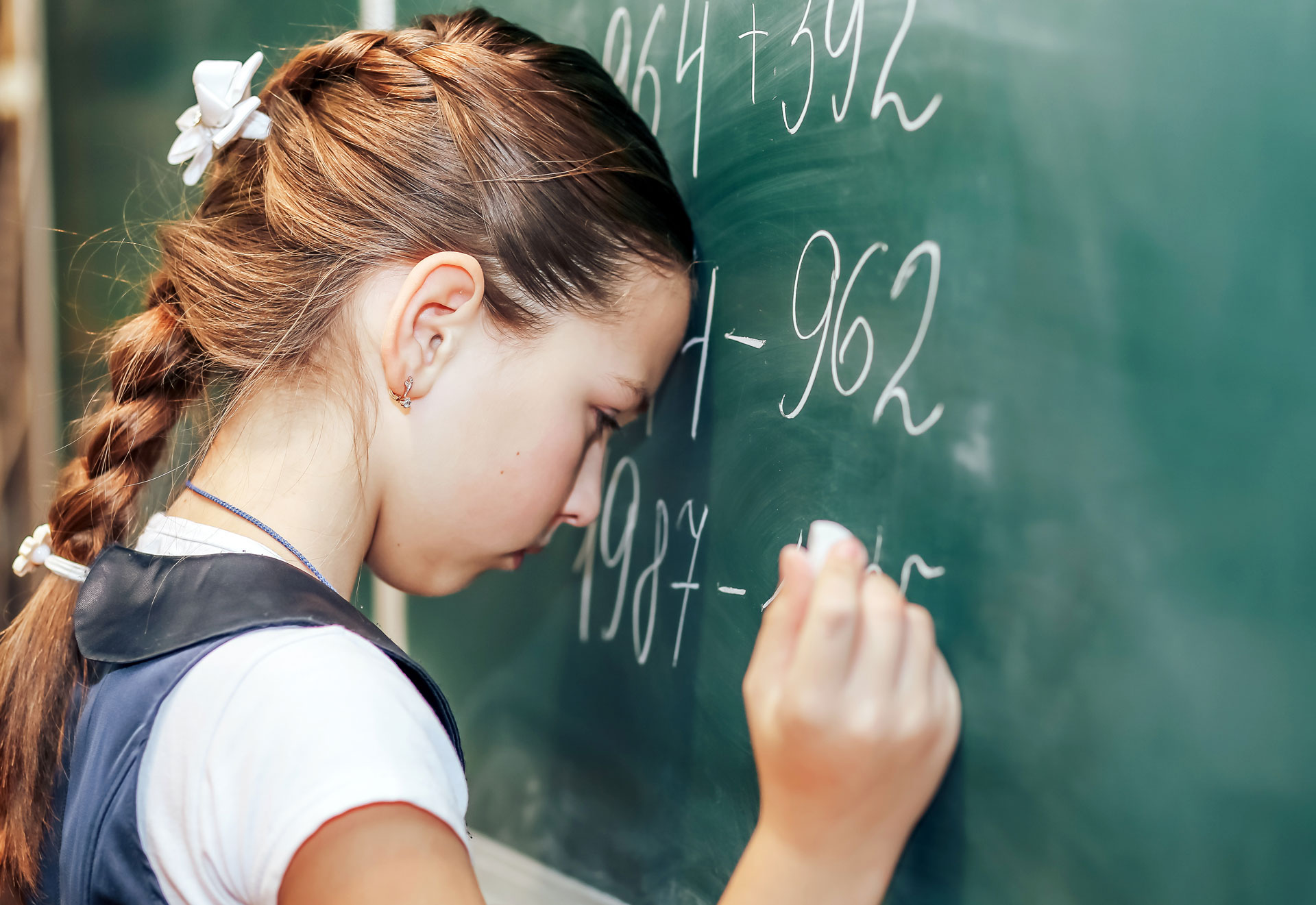Before diving into that, let us first understand what a learning gap is and how it impacts a child’s academic development.
A learning gap is basically the difference between what a student is expected to have learned by a certain grade level and what they have actually learned.

A wide variety of reasons can cause gaps in understanding. A few examples are the swift pace a teacher might take during instruction, the lack of proper attention paid in class by the student, or simply the way the lesson is being taught. If a student doesn’t have a good understanding of the basic concept of a subject, then any new concepts taught based on the previous one will be more difficult to grasp. It often turns into a snowball effect.
Learning gaps will make it difficult for students to keep up. The academic and parental pressure of being behind the class can also negatively affect the student’s confidence, self-esteem, social life, and mental health.
This is where tutoring comes in. Tutoring plays a crucial role in closing those learning gaps. Once you realize your child might be struggling, finding a tutor to break down and thoroughly explain the school material can provide your child with the support and encouragement needed to reach their potential.
Here are just a few ways tutoring can help:
Personalized Instruction and Support
In a traditional classroom setting, teachers often cannot provide individualized attention to every student. Because of that, some students requiring additional explanation on the subject may not receive it and end up lagging behind.
Tutoring helps provide such students with a one-on-one learning experience, which allows them to receive support and feedback tailored to their unique needs, learning style, and pace. This method of focused instruction can do wonders for a child’s educational struggles as well as overall development in the early stages of life.
Focused on Specific Learning Needs
Every child is unique, and that difference can reflect in how they process and understand what is being taught. Therefore, it is unfair to assume that every student will learn academic concepts the same way or at the same pace. Plus, a student might feel overwhelmed with the sheer amount of what must be learned during a school year, with many topics being multi-leveled and complex.
Tutoring helps overcome the student’s specific hurdles by focusing on the required instruction, allowing the child to develop a deeper understanding of the particular topic.
Build Confidence and Motivation
When students receive one-on-one attention in areas where they are struggling, they can feel valued by the extra attention and support given to them by a tutor. And once the child overcomes their learning gaps, that will help boost their confidence and motivation. This part is essential because, through this process, the student will also learn that it is okay if they don’t always understand everything and that they can succeed with a bit of help.

Conclusion
Tutoring can play a critical role in closing the learning gap and helping students reach their full potential. With personalized attention and instruction, a targeted approach, confidence-building support, and genuine care, tutoring provides students with the time, resources, and tools they need to flourish in the classroom.
If you are looking for a way to help your child reach their full academic potential, consider seeking a qualified tutor. You can talk to our certified Washington State teachers and trained specialists today by calling 425-385-8224 or sending us a message at thattutoringplace@gmail.com to learn more.
[my son] was not interested in tutoring. Carrie and her staff diligently worked with Nikolas on a daily basis helping him to organize his work, to complete his homework, and to provide extra assistance in order to fill the gaps of knowledge that he lacked from not paying attention to lectures at school. It did not take long for Nik to look forward to tutoring, especially when he realized that he was actually understanding the subject matter…
– Jo Anne A.
